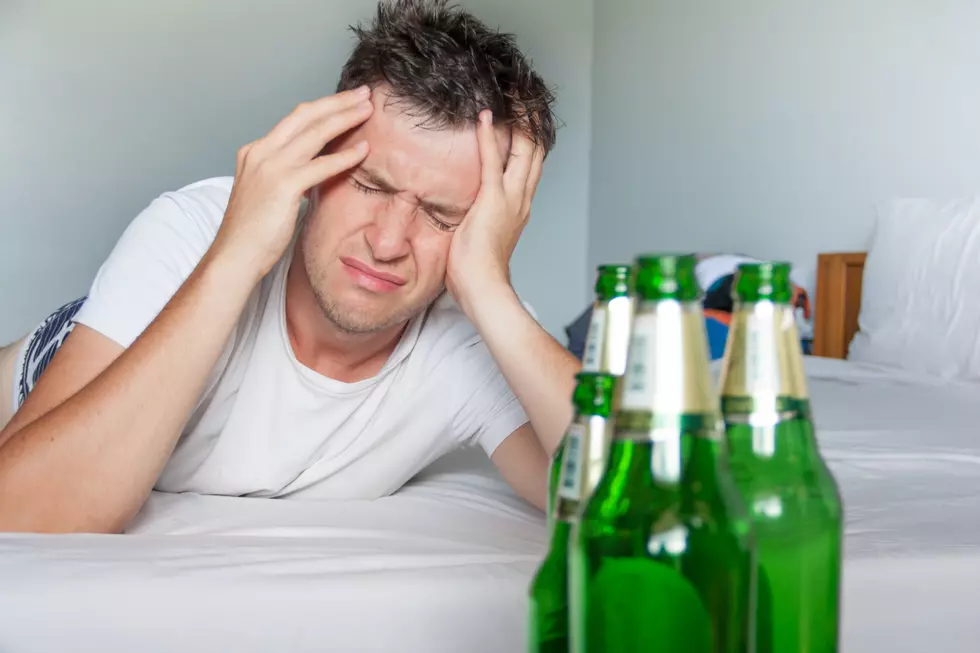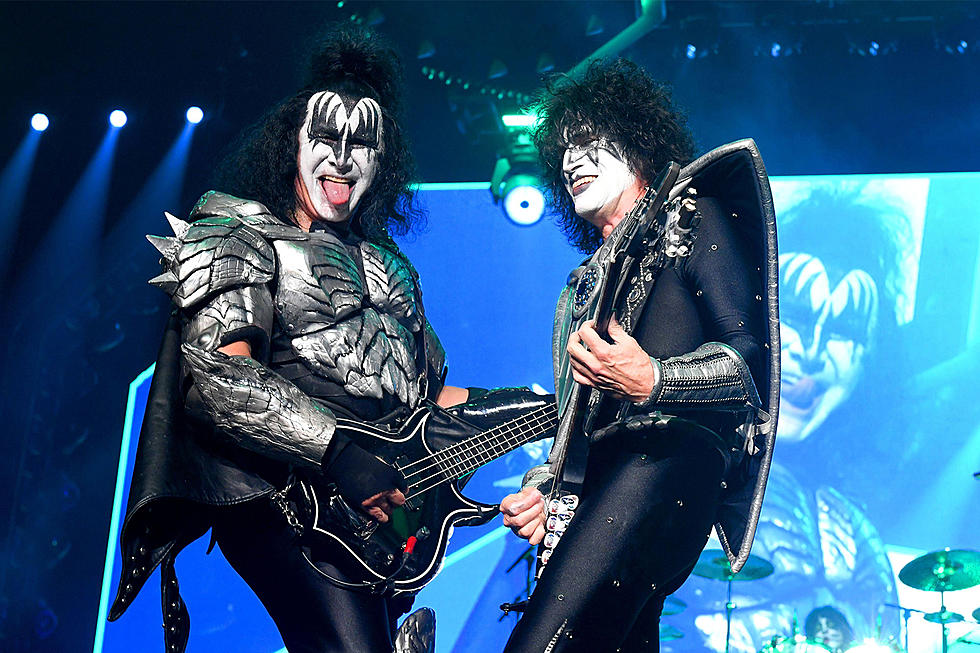
Amazing Hangover Cures From Harvard School of Medicine
I am grateful to live a sober life. I am an alcolholic in recovery and let me tell you I've had some hangovers in my life. If you drink alcohol you've probably dealt with a hangover or two in your lifetime. What are the best remedies? I've learned that not drinking is the best way to avoid a hangover, if you like to party, here are some tips to get you back to health the morning after.
I used to think that chasing the hair of the dog was a good idea. Little did I know that I only furthered my problems. Gatorade and sports drinks are a good way to get hydration too.
I was shocked when I was looking for hangover cures to help you that one of the most reputable schools in the U.S. had something to say about hangovers. I am talking about Harvard Medical School. I suppose if some of the smartest people on the planet go to Harvard and those folks partied a little bit too much the night before a class, they would be the ones that come up with good remedies.
Joking aside, Harvard Medical School came up with their data this way:
Dr. Robert Swift, a researcher at the Providence Veterans Affairs Medical Center in Rhode Island, coauthored one of the few review papers on hangovers in 1998. It's still one of the most frequently cited sources on the topic.
Again the best way to avoid hangovers is to not over indulge in alcohol consumption. If you do and need to fix yourself, try these ideas.
Hangover Cures Via Harvard Medical School
1. Chase the Hair of the Dog!
The notion is that hangovers are a form of alcohol withdrawal, so a drink or two will ease the withdrawal. There may be something to it, says Dr. Swift. Both alcohol and certain sedatives, such as benzodiazepines like diazepam (Valium), interact with GABA receptors on brain cells, he explains. And it's well documented that some people have withdrawal symptoms from short-acting sedatives as they wear off. Perhaps the brain reacts similarly as blood alcohol levels begin to drop.
2. Drink Fluids!
Alcohol promotes urination because it inhibits the release of vasopressin, a hormone that decreases the volume of urine made by the kidneys. If your hangover includes diarrhea, sweating, or vomiting, you may be even more dehydrated. Although nausea can make it difficult to get anything down, even just a few sips of water might help your hangover.
3. Load Up On Carbs
Drinking may lower blood sugar levels, so theoretically some of the fatigue and headaches of a hangover may be from a brain working without enough of its main fuel. Moreover, many people forget to eat when they drink, further lowering their blood sugar. Toast and juice is a way to gently nudge levels back to normal.
4. Avoid Dark Colored Booze
Experiments have shown that clear liquors, such as vodka and gin, tend to cause hangovers less frequently than dark ones, such as whiskey, red wine, and tequila. The main form of alcohol in alcoholic beverages is ethanol, but the darker liquors contain chemically related compounds (congeners), including methanol. According to Dr. Swift's review paper, the same enzymes process ethanol and methanol, but methanol metabolites are especially toxic, so they may cause a worse hangover.
5. Take A Pain Remedy
but not Tylenol. Aspirin, ibuprofen (Motrin, other brands), and other nonsteroidal anti-inflammatory drugs (NSAIDs) may help with the headache and the overall achy feelings. NSAIDs, though, may irritate a stomach already irritated by alcohol. Don't take acetaminophen (Tylenol). If alcohol is lingering in your system, it may accentuate acetaminophen's toxic effects on the liver.
6. Drink Coffee or Tea
Caffeine may not have any special anti-hangover powers, but as a stimulant, it could help with the grogginess.
7. Vitamins
A study recently published in The Journal of Clinical Medicine evaluated the diets for 24 hours before and after excessive drinking occurred. It was a small study and results were based on the participants saying what they ate. However, they did find that people whose food and beverage consumption contained greater amounts of zinc and B vitamins had less severe hangovers.
Detroit Bars That Were Once Speakeasys During Prohibition
More From 94.9 WMMQ









